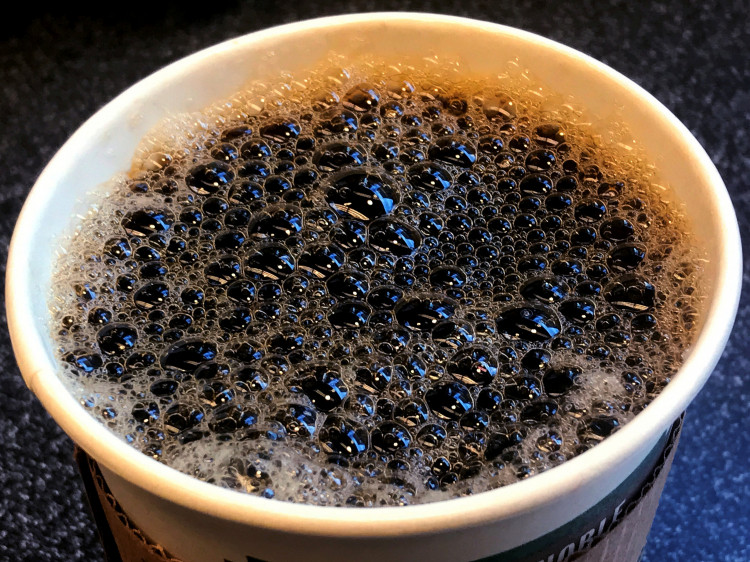People naturally hate the bitter taste, but they still love the taste of coffee. Why is that so? A study revealed that a person who is genetically sensitive to the bitter taste of caffeine tend to drink more coffee than those who are less sensitive and others who are more sensitive to other bitter tastes like quinine.
In the research, published earlier this month, made by Marilyn Cornelis and co-researchers from QIMR Berghofer Medical Research Institute in Australia revealed that reaction to bitter tastes is universal. It is coded in everyone's DNA. People's dislike of the bitter taste makes them safe from eating poisonous stuff.
Cornelis told the South China Morning Post that it was surprising to know that people who are genetically sensitive to the bitter taste drink more coffee. It is because humans typically avoid bitter taste and caffeine is one of it. "So it might be that when you taste caffeine, you have learned to link that to the stimulant effects of caffeine," she explained.
The findings revealed that people's desire to feel the caffeine's stimulant effects make them more than willing to drink coffee even if it is bitter. This stimulant-seeking behavior is said to be controlled by different genetic variations that control the body's ability to digest caffeine.
If your genes have the ability to metabolize the caffeine efficiently, you can feel its stimulant effect more quickly. "We are all sort of constantly titrating our own caffeine levels," Cornelis said.
Silverberry Genomix noted that there are two kinds of caffeine; natural and synthetic. Coffee, tea, and dark chocolate contain natural caffeine. These three come from natural sources like coffee beans, tea leaves, and cocoa beans.
On the other hand, synthetic caffeine come from the lab and is petroleum-based chemicals. It is often found in soft drinks and energy drinks and called "anhydrous caffeine."
People who often consume natural caffeine are said to be healthier than those who take synthetic caffeine. However, it remains unclear if the difference in its health benefits is a result of its variation or of its phytonutrients (healthy plant compounds). So, it is more advisable to take natural caffeine than the synthetic one.
Caffeine content can make a big difference depending on the coffee bean or varieties of tea leaf use. Different methods of preparations also affect its proportion. Hence, people should always check for the caffeine content of the beverage they drink before they consume it.






